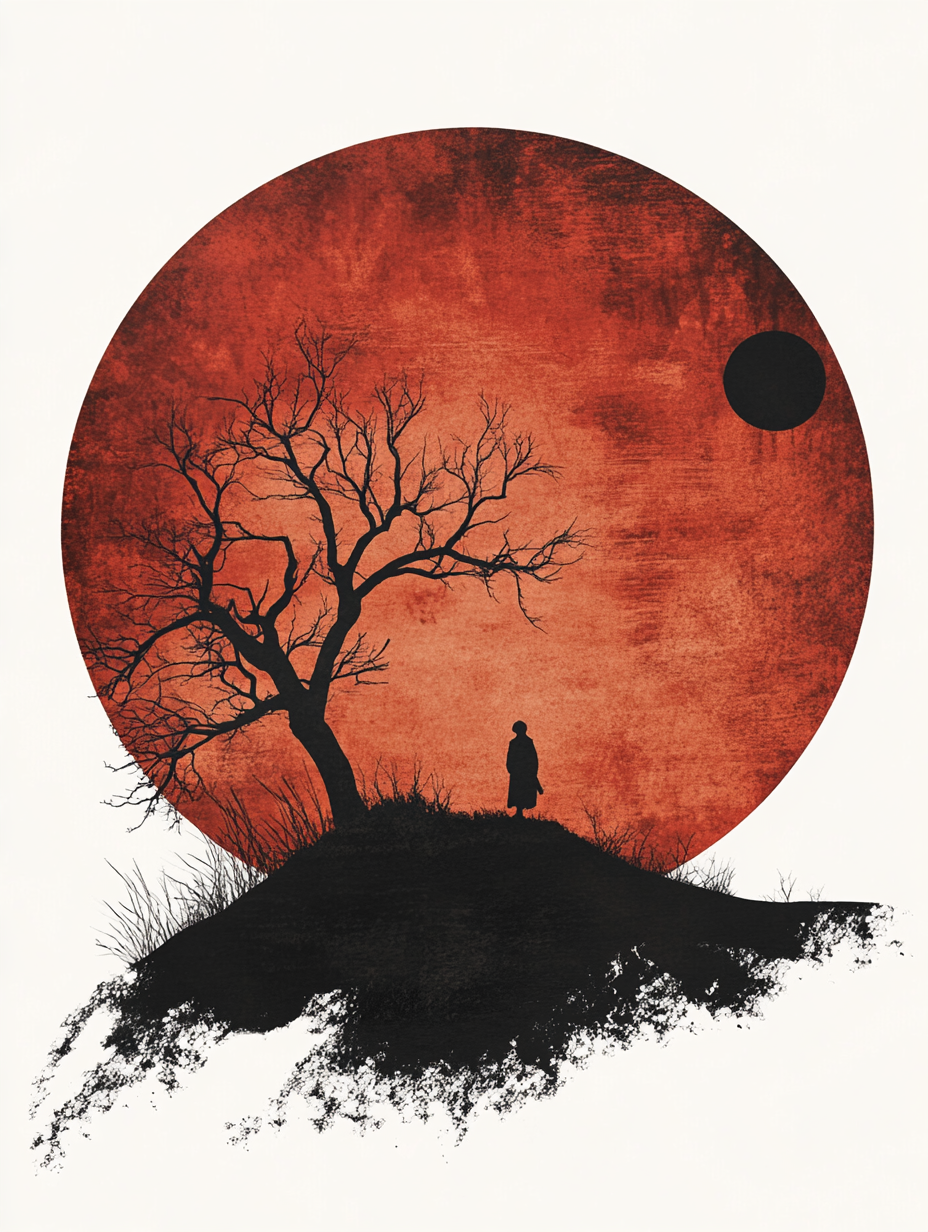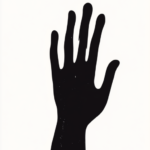When Words Outlast Disease: A Memoir’s Fight Against Alzheimer’s Erasure

set to triple by 2050 (WHO, 2023). How do we preserve a loved one’s essence when their mind fades? In “Protecting a Mother’s Memories from Alzheimer’s” (2024), journalist Emily Carter crafts a poignant blueprint. This review unpacks her race against time to document her mother’s life, interweaving family secrets, medical grit, and the science of memory.
The Catalyst: A Diagnosis That Rewrote a Family’s Story
In 2018, Carter’s mother, Margaret, was diagnosed with early-onset Alzheimer’s at 67. Faced with the disease’s relentless progression, Carter began recording their conversations—a project that evolved into a memoir. The book blends raw diary entries, historical letters, and interviews with neurologists like Dr. Helen Park (Mayo Clinic), who notes: “Narrative preservation can slow cognitive decline by reinforcing neural pathways.”
Why This Memoir Stands Out:
- Hybrid Format: Part biography, part medical deep-dive.
- Intergenerational Trauma: Explores how Margaret’s WWII-era childhood shaped her silence.
- Practical Toolkit: Appendix includes DIY interview questions for families.
Table 1: Alzheimer’s Memoirs Compared
| Title | Focus | Unique Angle | Year |
|---|---|---|---|
| The 36-Hour Day (Nancy Mace) | Caregiving strategies | Clinical guidance for families | 2021 |
| Still Alice (Lisa Genova) | Fictional patient POV | Early-onset Alzheimer’s drama | 2007 |
| Carter’s Memoir | Memory preservation | Multigenerational storytelling | 2024 |
The Science of Remembering: Can Stories Outlive Synapse Loss?
Carter’s memoir cites groundbreaking studies:
- Cognitive Reserve Theory (Harvard, 2020): Individuals with rich autobiographical recall delay symptom onset by 2–5 years.
- Narrative Therapy (Journal of Aging Studies, 2022): Structured reminiscence reduces caregiver burnout by 34%.
Yet, challenges persist. Carter writes: “Mom remembered her first kiss but forgot my name. Which memories matter most?” Her solution: focus on “emotional fossils”—recurring themes in her mother’s stories, like resilience during postwar rationing.
Table 2: Alzheimer’s by the Numbers (2024)
| Statistic | Data | Source |
|---|---|---|
| Global dementia cases | 55 million | World Health Organization |
| Annual cost of care (US) | $345B | Alzheimer’s Association |
| Families documenting memories | 42% | AARP Caregiving Survey |
| Caregivers reporting emotional relief | 68% | Johns Hopkins Study |
The Ethical Dilemma: Editing a Life’s Narrative
Carter grapples with curating her mother’s legacy. Do painful truths—a sibling’s estrangement, marital strife—belong in the record? Dr. Sarah Lin (UC Berkeley ethicist) warns: “Selective storytelling risks revisionist history.” Yet Carter argues: “Dementia stole her agency; my duty is dignity.”
Key Themes:
- Silence vs. Truth: How families sanitize the past.
- Guilt of Preservation: Is recording invasive?
- Hope as a Double-Edged Sword: Balancing acceptance with advocacy.
Legacy Projects: Turning Memories Into Action
The memoir’s appendix offers actionable steps, including:
- Oral History Kits: Recommended apps (StoryCorps, Ancestry).
- Collaborative Timelines: Involving relatives to fill gaps.
- Creative Outlets: Using art/music to trigger recall.
Carter’s work has spurred a nonprofit, MemoryKeepers, which partners with hospice centers to train families in storytelling techniques.
FAQ: Memory Preservation and Alzheimer’s
Q: How does documenting memories help Alzheimer’s patients?
A: Per UCLA research, structured reminiscence slows cognitive decline by 18% by stimulating the hippocampus.
Q: Is Carter’s approach applicable to late-stage dementia?
A: Yes—tactile methods (photo albums, scent triggers) adapt the framework.
Q: What’s the biggest caregiver mistake?
A: Overcorrecting patients’ false memories, which increases agitation (per Alzheimer’s Society).
Q: Where is the memoir available?
A: Major retailers (Amazon, Barnes & Noble) and audiobook platforms.
Q: Does Carter discuss genetic risks?
A: Yes—she tested positive for the APOE-ε4 gene, sparking debates on predictive testing ethics.
-
How Cathie Borrie Defied 80+ Rejections to Publish Her Unwanted Book
Did you know 96% of manuscripts get rejected by traditional publishers annually (The Write Life, 2023)? For Cathie Borrie, author of The Joy of Being, that statistic was a grueling reality. Her memoir, exploring caregiving for her Alzheimer’s-stricken mother, faced 82 rejections before finding a home. In an interview with Humber’s School for Writers, Borrie reveals…

